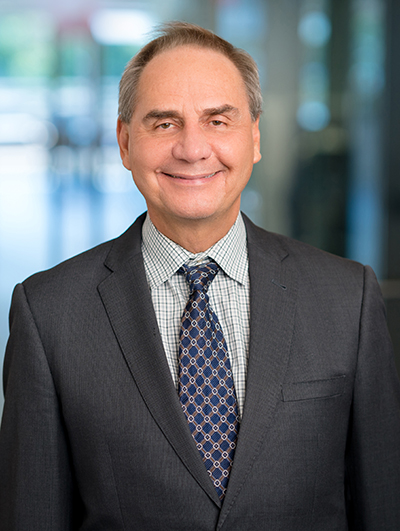Overview
We provide specialized legal services to clients involved in the manufacturing, importation, and marketing of radiofrequency (RF) equipment. Our experienced attorneys help clients navigate the complex regulatory landscape surrounding RF equipment, ensuring compliance with applicable laws and standards.
We assist clients in understanding and adhering to the Federal Communications Commission’s (FCC) equipment authorization procedures and technical requirements. Our team works closely with clients to develop tailored strategies that enable them to obtain the necessary FCC certifications while successfully bringing innovative RF equipment to market.
With a deep understanding of the telecommunications industry and the importance of compliance in the RF equipment sector, our Broadband & Telecom Infrastructure: RF Equipment Authorization Practice Area delivers high-quality, effective legal counsel that enables our clients to stay informed on evolving regulations and industry standards. We are committed to helping clients maintain compliance while safeguarding their interests and maximizing the potential of their investments in the RF equipment market.
Full Spectrum Services
- Guidance on compliance with FCC regulations for RF equipment, such as technical standards, labeling requirements, and marketing rules;
- Assistance with obtaining FCC equipment authorization and other necessary certifications for RF equipment;
- Advice on the preparation and submission of FCC equipment authorization applications;
- Support for drafting and negotiating manufacturing, distribution, and licensing agreements for RF equipment;
- Guidance on the importation of RF equipment and compliance with FCC rules and international trade regulations.


